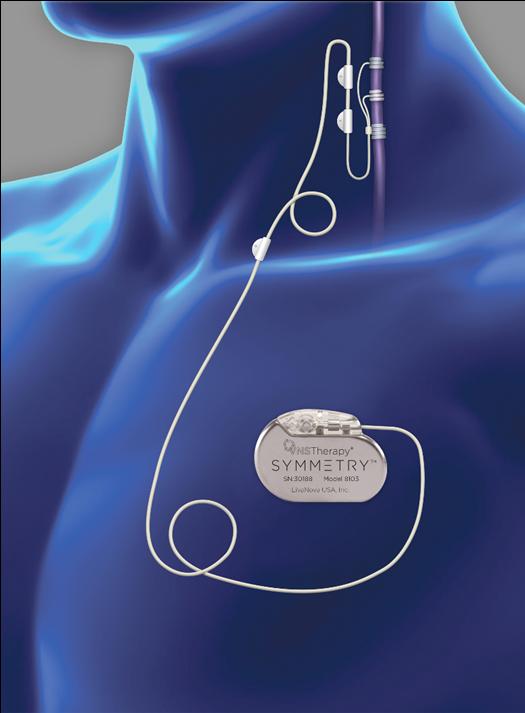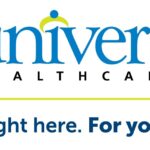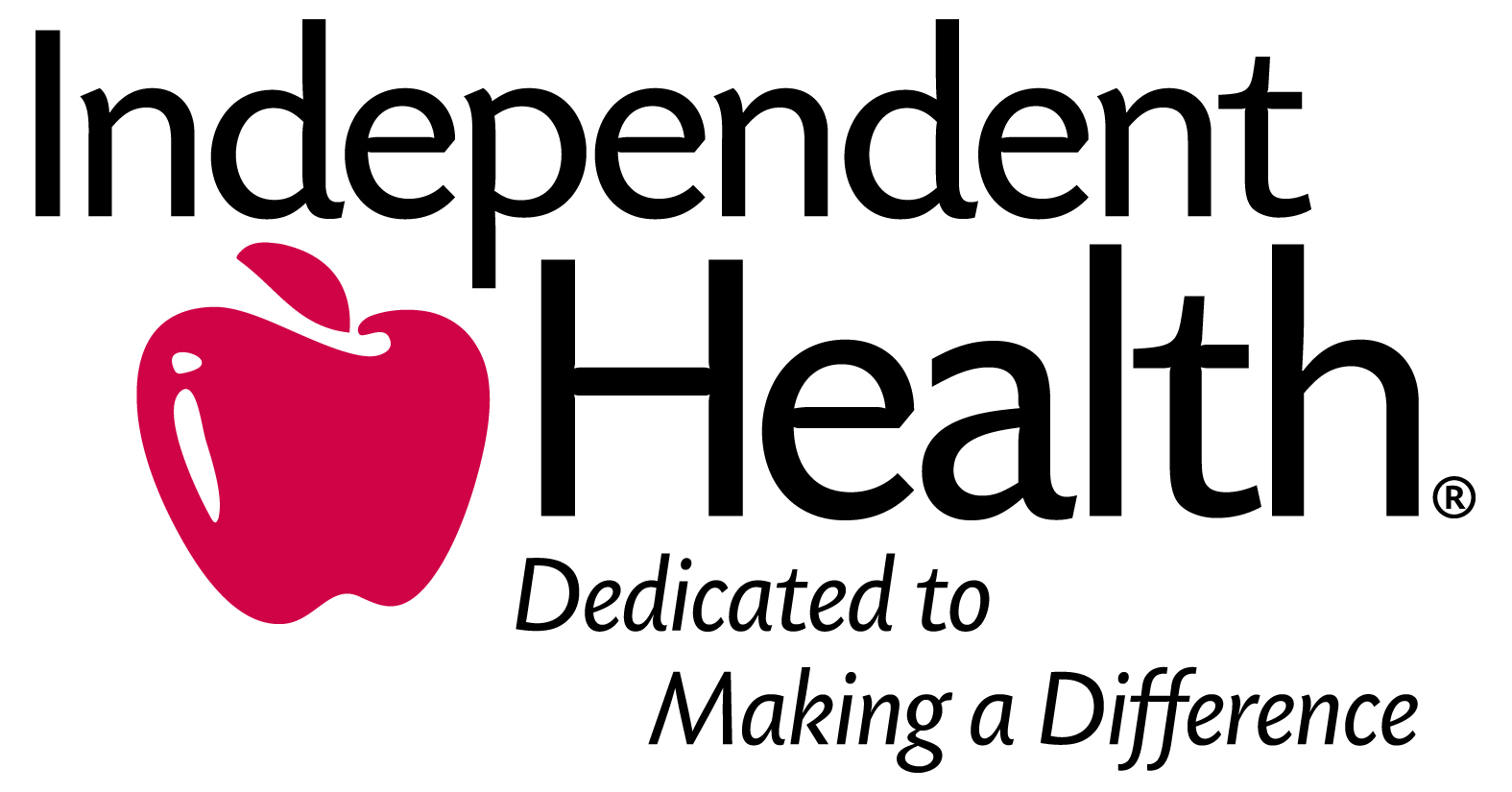The RECOVER Study
By Annette Pinder
One out of three people with depression have treatment resistant depression (TRD). They are people for whom current available treatments have been unsuccessful. Current treatments for depression include psychotherapy, antidepressant medications, electroconvulsive therapy (ECT), and transcranial magnetic stimulation (TMS).
Vagus nerve stimulation therapy (VNS) was approved for treating depression by the FDA in 2005. However, VNS is not really all that new. It has been used to control seizures in epilepsy patients for over 25 years. To date, over 100,000 patients have received VNS therapy.
Similar to a pacemaker, VNS is a small device that, when implanted, sends impulses to the vagus nerve, which extends from the brainstem, through the neck and thorax, down to the abdomen. When stimulated, the vagus nerve sends a message to the body that it is time to relax and de-stress. Patients receiving VNS therapy experience long-term improvements in mood, wellbeing, and resilience, and report that they are able to better manage, and even overcome anxiety and depression.
Patients who receive VNS therapy meet with a surgeon skilled in implanting the device. The minimally invasive procedure typically allows patients to return home the same day. Data from over 4,000 patients who received VNS therapy for depression shows improved response and remission rates of greater than 60 percent, versus traditional therapies. They report improvements in quality of life, vitality, emotional wellbeing, and the desire to socialize.
Now, a study called RECOVER is being conducted with a goal of contributing to existing positive evidence regarding VNS’ benefits. With only 100 centers selected nationwide, Dr. Alfred Belen, III, a board-certified psychiatrist, will lead the RECOVER study locally, at Mount St. Mary’s Hospital in Lewiston. To see if you qualify to participate, call Dr. Belen at 716-828-3868 or 716-204-1950 and visit https://recover-vns-study.com.












